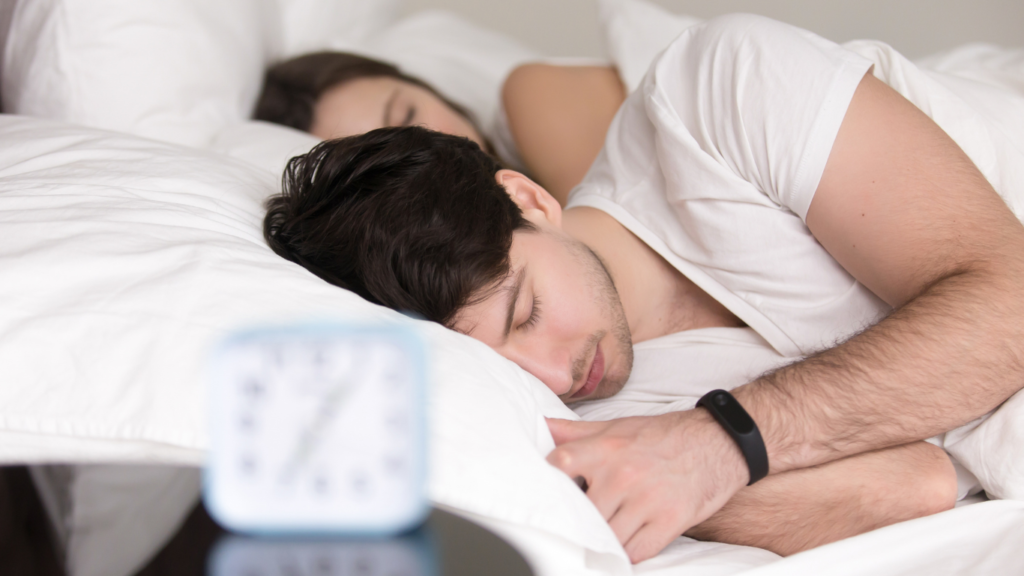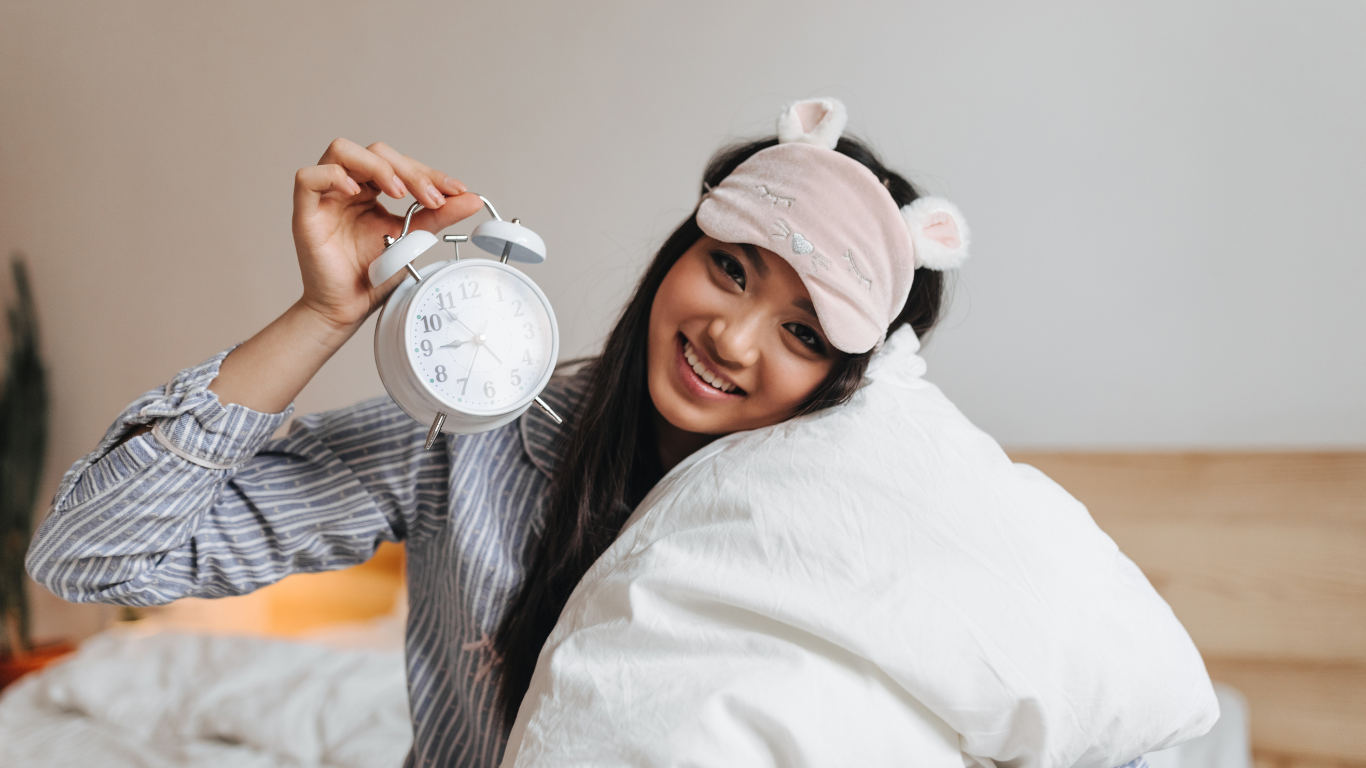When we think about melatonin, the first thing that comes to mind is its association with sleep. It’s well-known as a supplement people turn to when they need help falling asleep. But what about anxiety? Can melatonin be used as a tool to manage anxious thoughts and feelings? This is a question worth exploring because many people suffer from anxiety, and they’re always on the lookout for natural remedies. Let’s dive deeper to understand whether melatonin could be a solution.
What is Melatonin?
Melatonin is a hormone that’s naturally produced by the pineal gland in the brain. It plays a critical role in regulating the body’s sleep-wake cycle, also known as the circadian rhythm. As the day turns into night, melatonin levels rise, signaling to your body that it’s time to rest. This is why melatonin supplements are often used to treat insomnia and other sleep disorders.
When melatonin is taken in supplement form, it’s synthetic, yet it mimics the natural hormone. It comes in various doses and is available over-the-counter in most places. But its uses have expanded beyond sleep, with some research suggesting potential benefits for other issues, such as anxiety.
Understanding Anxiety
Before diving into whether melatonin can help with anxiety, it’s essential to understand what anxiety really is. Anxiety is a natural emotion, but it can turn into a disorder when it becomes overwhelming and starts interfering with daily life. People with anxiety often experience constant worry, nervousness, or fear about everyday situations.
The symptoms can range from feeling restless to physical sensations like a racing heart, sweating, or shortness of breath. Since anxiety often disrupts sleep, this is where melatonin may play a beneficial role.
How Melatonin Works
Melatonin’s primary function is to regulate the sleep-wake cycle. It signals the brain when it’s time to sleep and helps in maintaining a healthy circadian rhythm. But how does it work exactly? Melatonin binds to receptors in the brain, helping reduce nerve activity and lowering dopamine levels, which keeps you awake. This creates a calming effect that makes it easier to fall asleep.
However, melatonin also interacts with certain brain chemicals related to mood regulation, which is why it’s being studied for its potential role in anxiety.
The Connection Between Sleep and Anxiety
There’s a well-documented relationship between sleep and anxiety. When you don’t get enough rest, your body’s stress response is heightened, and your ability to manage anxiety decreases. People with insomnia are much more likely to experience anxiety symptoms. This vicious cycle of poor sleep and increased anxiety can create a downward spiral that’s hard to break.
If you can improve your sleep quality, you may find that your anxiety levels decrease as well. This is why melatonin, by helping you sleep better, may also indirectly help with anxiety.
Melatonin for Anxiety: Does It Really Help?
So, does melatonin directly help with anxiety? Some studies suggest that melatonin can be effective in reducing anxiety, particularly in situations where anxiety is related to sleep problems. For example, people who struggle with sleep disturbances due to anxiety may benefit from melatonin’s calming effects.
Research on melatonin’s use in pre-surgery settings shows that it can reduce anxiety levels. However, evidence is still limited on whether melatonin works well for generalized anxiety disorder (GAD) or panic disorder. While some people report feeling more relaxed after taking melatonin, others may not notice much of a difference.
Melatonin’s Role in Managing Sleep-Related Anxiety

For individuals who experience anxiety around bedtime—such as worrying about the inability to sleep—melatonin can be a helpful aid. By promoting sleep, melatonin might help calm the mind and reduce the anxious thoughts that prevent you from falling asleep.
Melatonin vs. Traditional Anxiety Medications
If you’re dealing with anxiety, you’ve likely heard of medications like benzodiazepines or SSRIs (Selective Serotonin Reuptake Inhibitors). These drugs are often prescribed to treat anxiety, but they come with side effects and risks of dependency. Compared to these medications, melatonin is a much gentler alternative since it’s naturally produced by the body. It doesn’t have the same potential for addiction or severe side effects.
However, melatonin’s effects may not be as potent as traditional anxiety medications. While it might help with mild cases or situational anxiety, it may not be sufficient for more severe anxiety disorders.
Melatonin for Short-Term vs. Long-Term Anxiety Relief
Melatonin seems to work best for short-term relief, particularly in situations where anxiety is linked to sleep disturbances. Its effectiveness for long-term anxiety management remains unclear. If you’re using melatonin as a sleep aid to reduce anxiety, it’s important to monitor how well it works over time and consult a healthcare professional if you need a long-term solution.
Potential Side Effects of Melatonin
Although melatonin is considered safe for short-term use, it can have side effects. Common issues include:
- Drowsiness during the day
- Headaches
- Dizziness
- Nausea
In some cases, taking too much melatonin can disrupt your natural sleep cycle, making sleep problems worse.
Who Should Avoid Melatonin?
Certain groups should avoid melatonin or consult with a doctor before using it. Pregnant or breastfeeding women, individuals with autoimmune disorders, and people taking blood thinners should be cautious. Melatonin can also interact with certain medications, so it’s important to check for potential drug interactions.
Natural Ways to Manage Anxiety Alongside Melatonin
While melatonin might help manage sleep-related anxiety, it’s not a magic bullet. Pairing melatonin with other natural remedies can maximize its effectiveness. Techniques like deep breathing, meditation, and regular exercise are known to reduce anxiety. A healthy diet and reducing caffeine intake can also help regulate mood and anxiety levels.
How to Use Melatonin Safely
If you decide to try melatonin for anxiety, start with a low dose, typically around 1-3 mg, 30-60 minutes before bed. Avoid taking higher doses without medical supervision, as it may not improve sleep quality and could lead to unwanted side effects. Make sure to use melatonin as a short-term aid rather than a long-term solution.
Alternatives to Melatonin for Anxiety
If melatonin isn’t effective or suitable for you, there are other natural supplements you can try. These include:
- Valerian root: Known for its calming effects.
- Chamomile: Often consumed as tea, it can reduce anxiety and improve sleep.
- CBD oil: Gaining popularity for anxiety relief.
Therapies like cognitive behavioral therapy (CBT) are also highly effective for long-term anxiety management without the need for medication.
Conclusion
In conclusion, melatonin may help with anxiety, particularly when it’s linked to sleep problems. While it’s not a cure for anxiety, it could be a useful tool for improving sleep and reducing nighttime anxiety. As always, it’s important to consult a healthcare professional before starting any new supplement, especially if you’re dealing with chronic anxiety.
FAQs
1. Can I take melatonin every night for anxiety?
It’s best to use melatonin short-term. Long-term use can affect your natural sleep cycle.
2. Does melatonin have addictive properties?
No, melatonin is not addictive like some anxiety medications.
3. How long does melatonin take to reduce anxiety?
You should feel the effects within 30-60 minutes after taking it.
4. Is melatonin safe for children with anxiety?
Melatonin can be used for children with sleep issues, but always consult a doctor first.
5. Can melatonin worsen anxiety?
In some cases, taking too much melatonin can lead to grogginess and exacerbate anxiety during the day.

